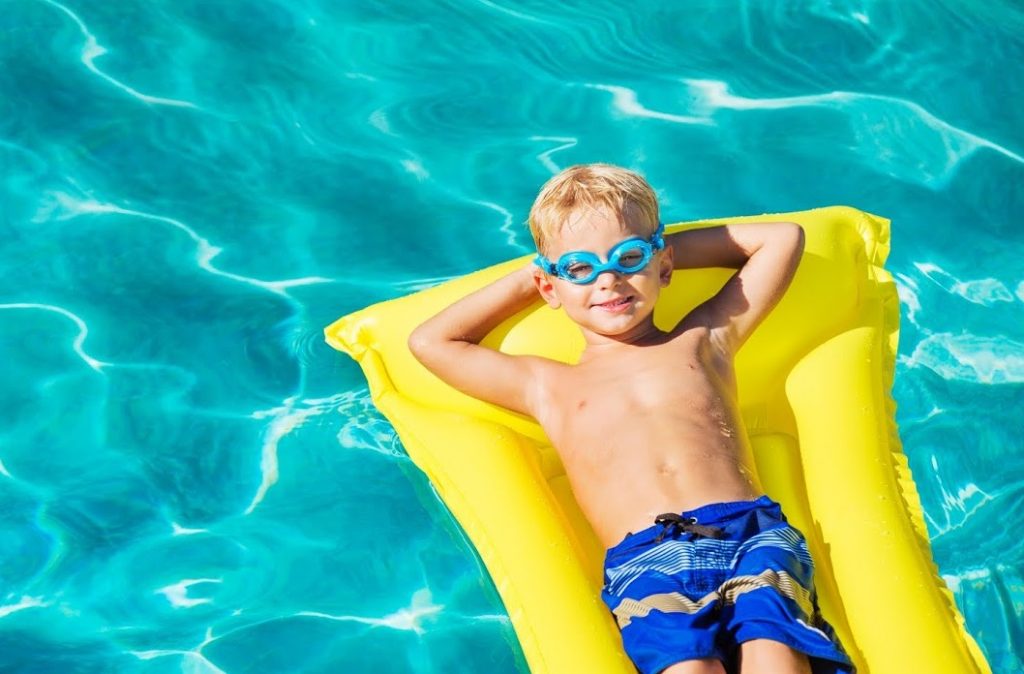When you were in grade school, did you ever spend a summer away at camp?
Hundreds of thousands of American children and teens attend sleepaway camp on an annual basis, either as a student or as a counselor. The idea of sleepaway camp might bring butterflies to your child’s stomach, especially if it is your family’s first experience. We’ve compiled a few items that you should know about overnight summer camps for children and teens.
What to Expect
If it happens to be your child’s first time away at sleepaway camp, you can expect that he or she may be nervous about the experience. Remind your child that thousands of children attend camp away from home and many of those students return year after year.
Counselors and trained staff will care for your child with monitored supervision at all times. Scheduled activities will provide extracurricular opportunities and he or she will likely return with new skills, hobbies and friends. Homesickness is very common, especially in the first few days as he or she is adapting to a new and different environment. Should it become an ongoing issue, the camp’s management will inform you when they deem necessary.

Where to Go
Whether your son or daughter is interested in sports, arts, horseback riding, or something else entirely, there are thousands of summer camp options located in a nearly every region of the nation. It’s important to conduct your own research ahead of time, as not all camps are created equal. Prices and experiences may vary across the board, so we suggest you consult friends and extended family to gather their own recommendations as well. Overnight away camps may range from seven days to three months in duration, so it’s important that you select the right option for your own family.

What To Pack
Your child’s camp will likely provide a packing list for you to review ahead of time. A large, rolling duffle bag is typically recommended for this purpose. Gather all necessities, including toiletries, spending money (as determined by the camp) and other important items, and secure these belongings in a safe place for easy access within your child’s luggage. Also, confirm the list of items that are prohibited at camp and double-check to be sure your child is not in possession of these items.
Many camps will allow your child to write letters while at camp, so it’s also a good idea to provide stamps, stationery, writing utensils and self-addressed envelopes for this purpose as well.
Have you or your child ever attended an overnight away camp? We would love to hear about your experience. Let us know in the comments below!











